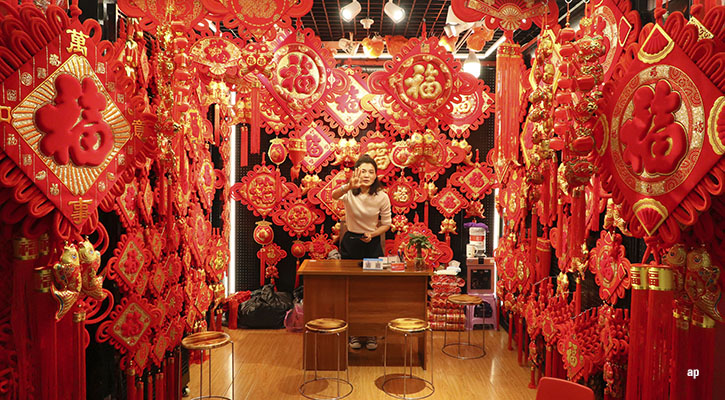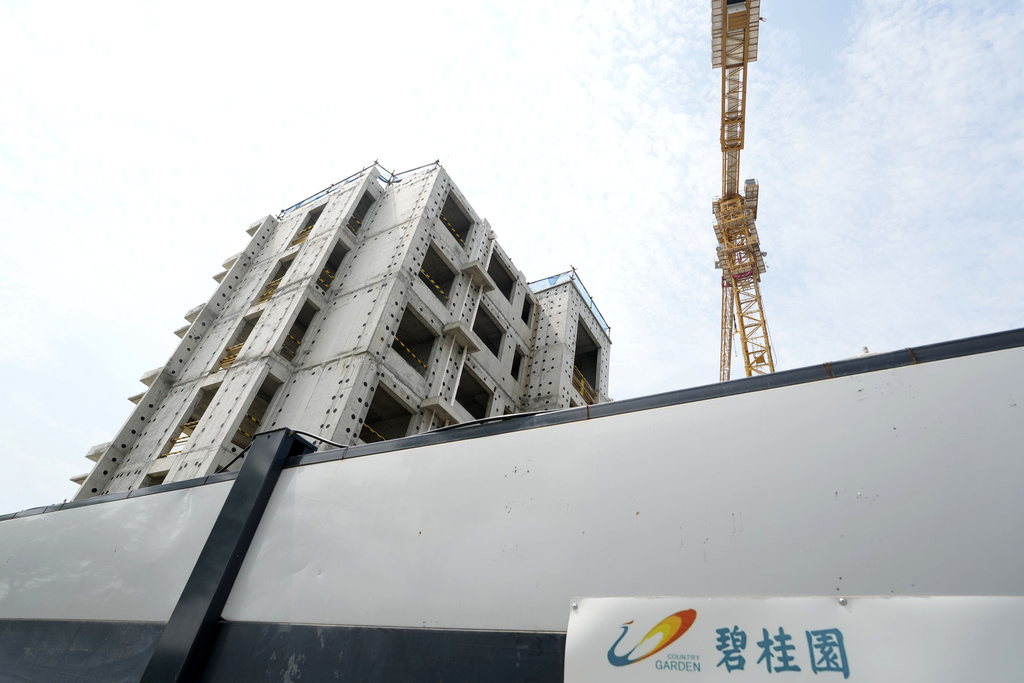
A ban on short selling in South Korea has sparked a sharp equity market rally and while the announcement by the country’s Financial Services Commission came as a surprise to most investors, it is yet another example of an undervalued stock market rising on unexpected news.
The ban will be in place until June 2024 and impact the ability of investors to bet on falling stock prices. The regulators said it was concerned about "illegal naked short selling by global institutional investors" which involves shorting a stock without borrowing it first.
This is not the first time that the Korean regulator has imposed a short selling ban during the Covid pandemic, lifting the restrictions in 2021.
South Korea is a market that we have been actively researching and investing in for several years and our multi-asset portfolios will benefit from the rise in the KOSPI Composite Index, which amounts to nearly 10% in November alone.
Our investments in South Korea have been driven by two key factors. The first is valuation: the stock market is trading on a multiple of less than 10x forward earnings and our thesis is for that discount to normalise over time back to our fair assumption of 13 times.
Secondly, investors are accessing an attractive industry mix dominated by technology and semi-conductor stocks. The two largest holdings – Samsung (005930) and SK Hynix (000660) – are leading players in the NAND and DRAM memory chip markets and in the latter case, are two of the three firms that make up a true oligopoly. As such, the pair have been able to deliver high levels of profitability and attractive growth rates for investors.
Clearly, the KOSPI has been trading on low multiples for a reason and many investors cite poor corporate governance as a key risk. Around 60% of the Korean equity index is made up of chaebols. Chaebols are companies that are run and controlled by a person or family in South Korea. Many chaebols have been criticised for low dividend payouts and poor governance practices.
However, our view is that this risk is known and one of the key criticisms of chaebols – the propensity to hoard cash means that financial leverage among corporates in Korea has been low and stable for the past decade.













.png)










